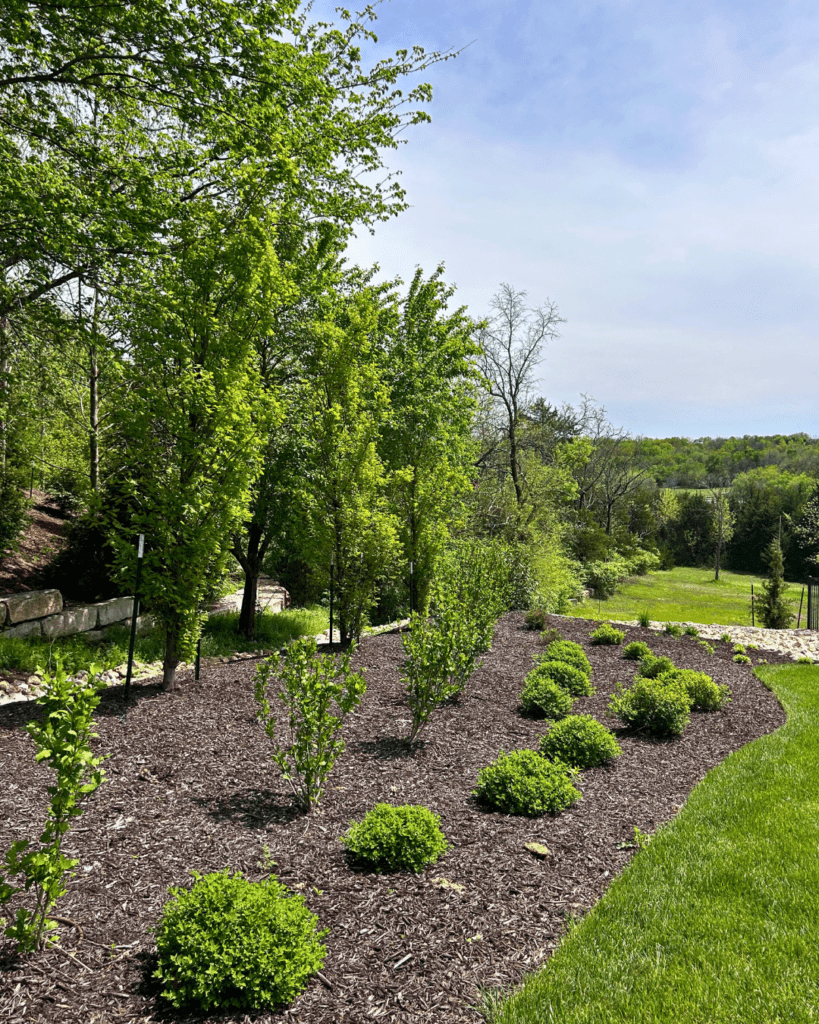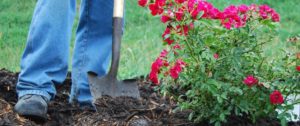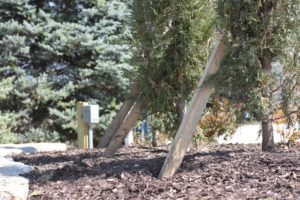Watering & Caring for New Plants
One of the most common questions we hear is:
“How often should I water my newly planted landscaping?”
The Short Answer:
Keep the soil moist, not soggy. But the right answer depends on several factors—like your soil type, plant species, and weather.
How to Check Soil Moisture
To know when your plants need water, go deeper than the surface.
Check moisture 3–6 inches below ground using your finger or a soil probe.
Pro Tip:
If the soil feels dry at that depth, it’s time to water.
Best Practices for Watering New Plants
1. Water Immediately After Planting
Use a hose to saturate both the root ball and the surrounding soil. This encourages roots to grow into native soil and helps prevent water pooling only at the base.
2. Water Around the Perimeter
Always water beyond the base to draw roots outward. This avoids water collecting like a bowl around the plant—especially in poor-draining soils.
Weekly Watering Guide (First Month After Planting)
While specific needs vary, here’s a general guideline for establishing plants:
-
Trees: 10 gallons/week
(Add 10 more gallons for each inch over 2″ trunk diameter) -
Shrubs: 5 gallons/week
-
Perennials & Annuals: Deep soak the bed 1–2 times/week
Simple Watering Methods:
-
Trees: Hose trickle for 30 minutes = ~10 gallons
-
Shrubs: Steady stream for 1 minute = ~5 gallons
-
No hose access? Use a 5-gallon bucket with a small hole to slow-release water
Soil Type Tip:
-
Clay/Sandy Soils: Water smaller amounts more frequently
-
Loamy Soil: Water more at once, less often
After the First Month
Your plants are beginning to establish—but that doesn’t mean you’re off the hook!
-
Larger plants need longer to establish (some trees take up to 3 years)
-
Monitor during dry spells
-
Watch for stress signs like wilting or leaf drop—these could mean too little or too much water
When in doubt, check the soil before adding water.
Year-Round Plant Care Tips
Trimming & Pruning
-
Trim shrubs and trees after flowering (if needed)
-
Remove dead or damaged branches
-
Perennials can be “dead-headed” regularly to encourage new blooms
Winter Watering
Even in winter, it’s important to keep soil moist—especially during dry spells.
Remember: Overwatering is more damaging than underwatering.
Roots sitting in water can rot, and it’s harder to fix than just adding a little more water.
Fertilizing New Plants
Feed plants each spring with a balanced fertilizer, such as 14-14-14 for season-long growth and color.
-
Granular fertilizers are easy to apply to beds and around shrubs
-
Always follow the product label
Pest Prevention
Inspect plants weekly or bi-weekly for pests. Early action prevents serious damage.
For major infestations (like grasshoppers), treatments might be needed every few weeks.
Need More Help?
Have questions about your plant care routine?
We’re here to help! Contact us anytime by phone or email to speak with one of our plant experts.




